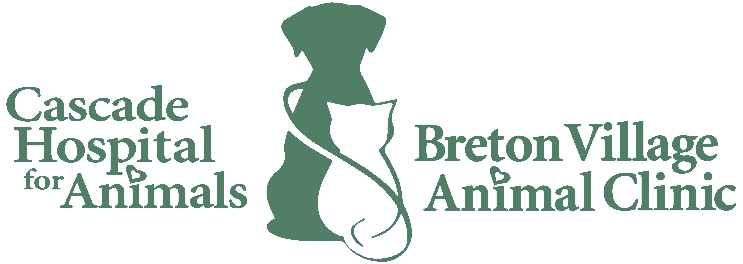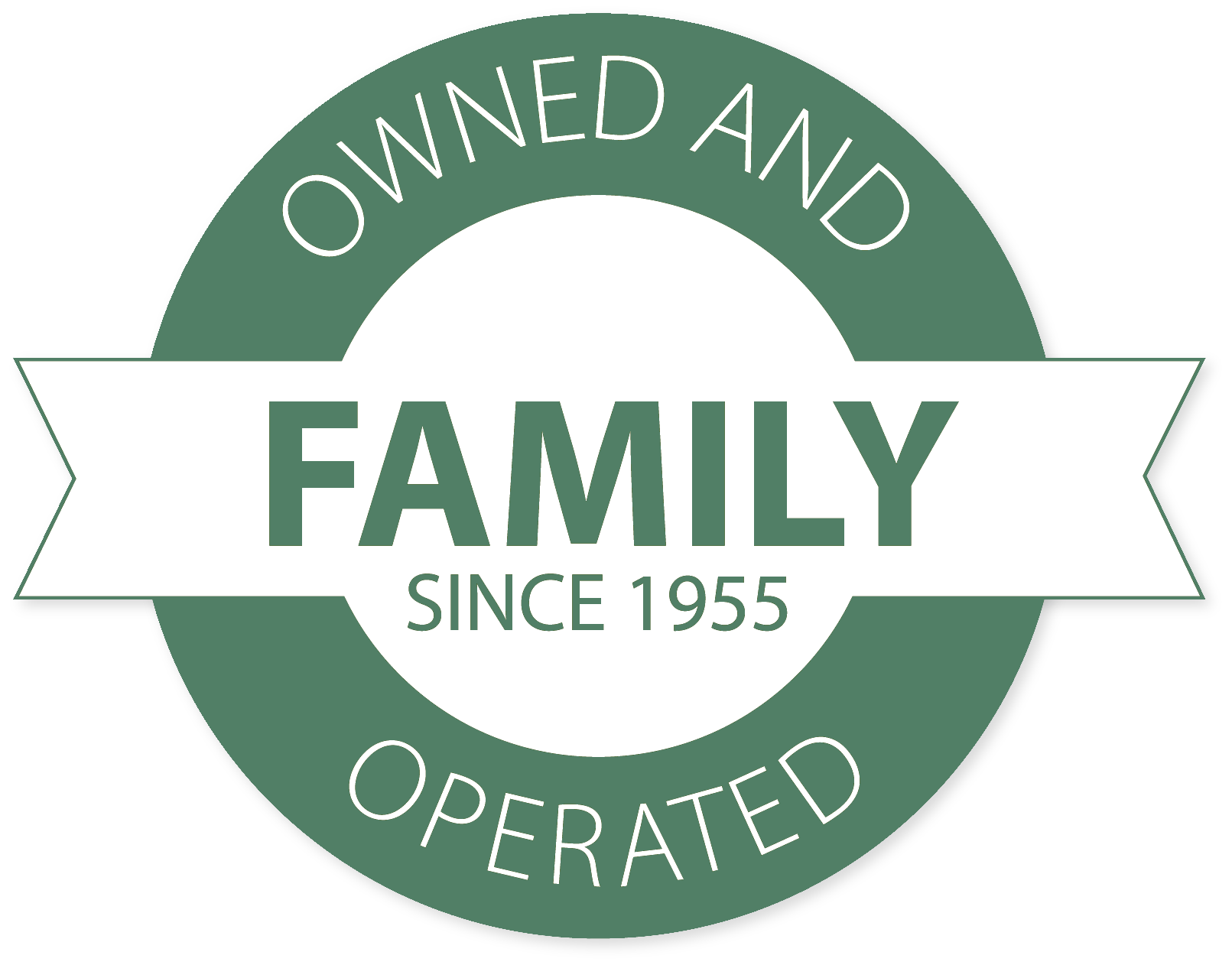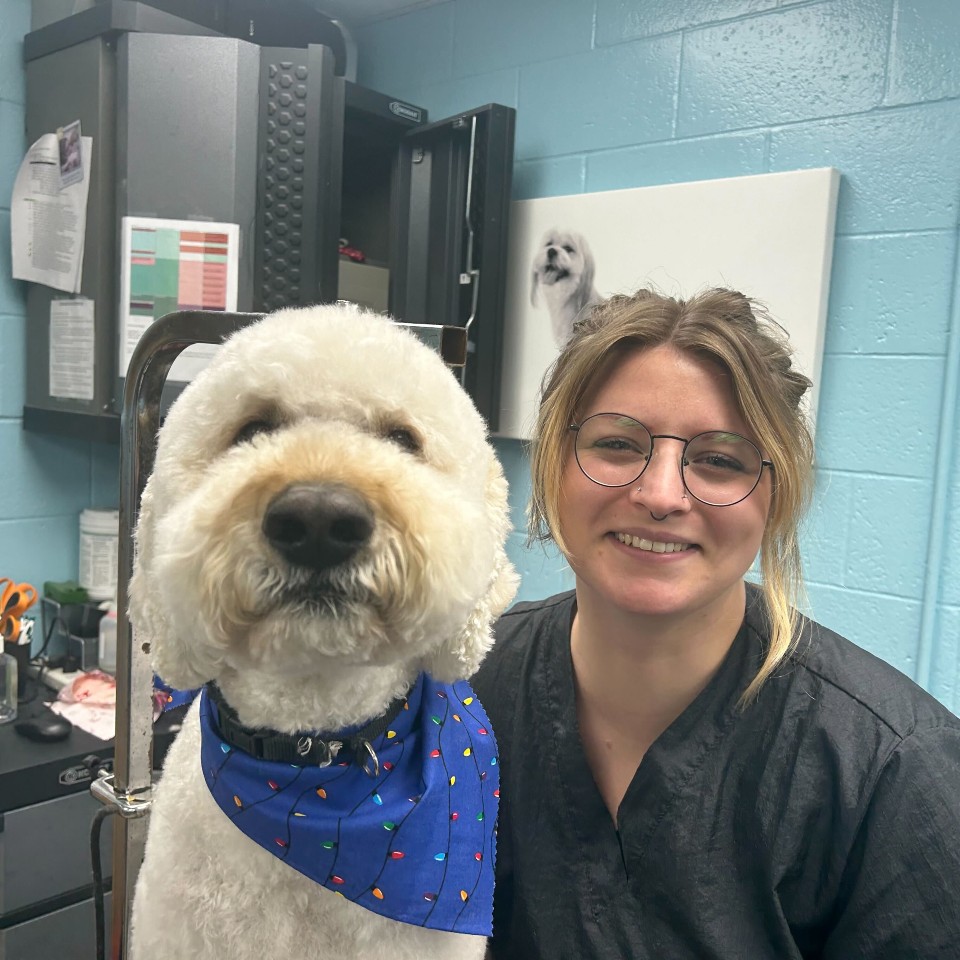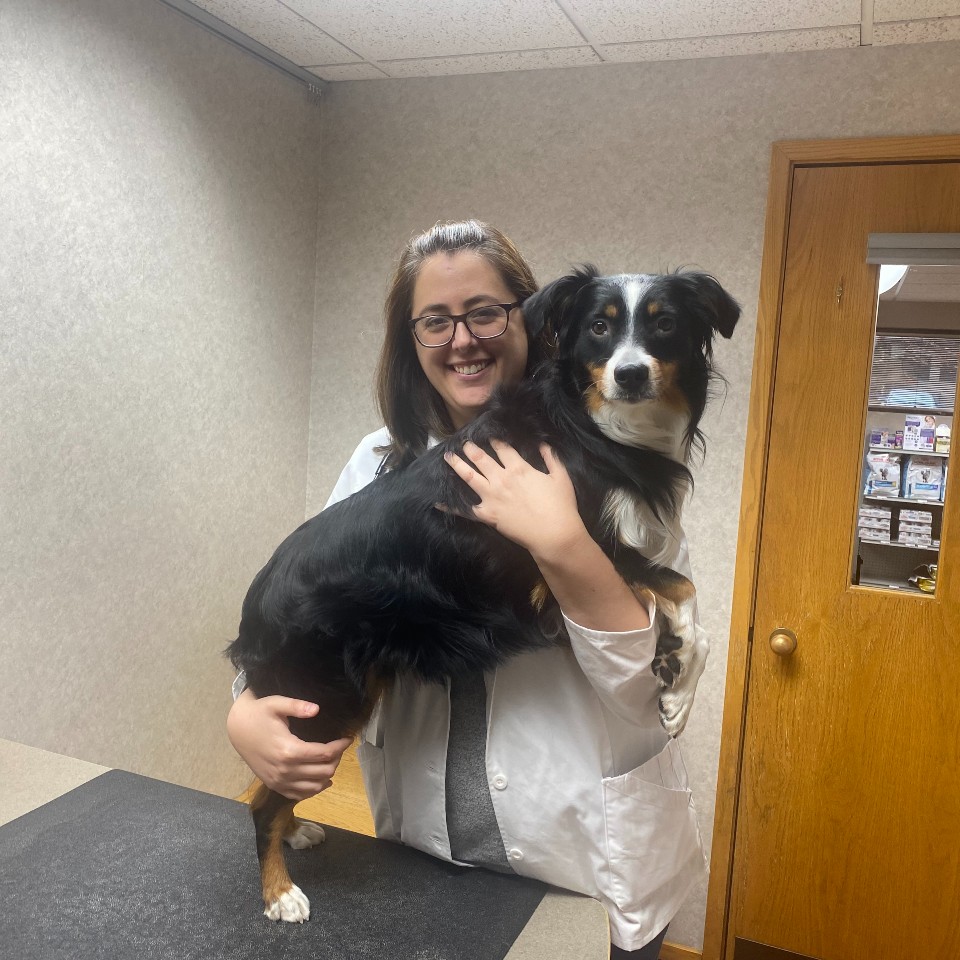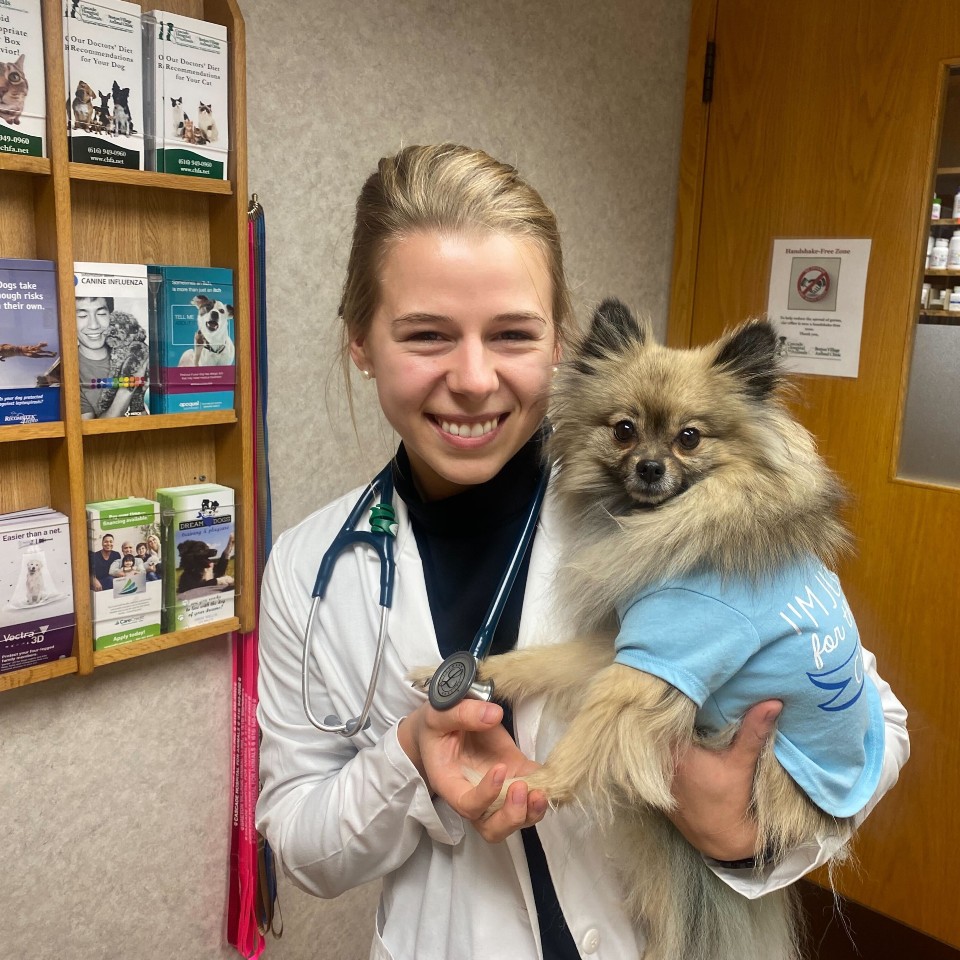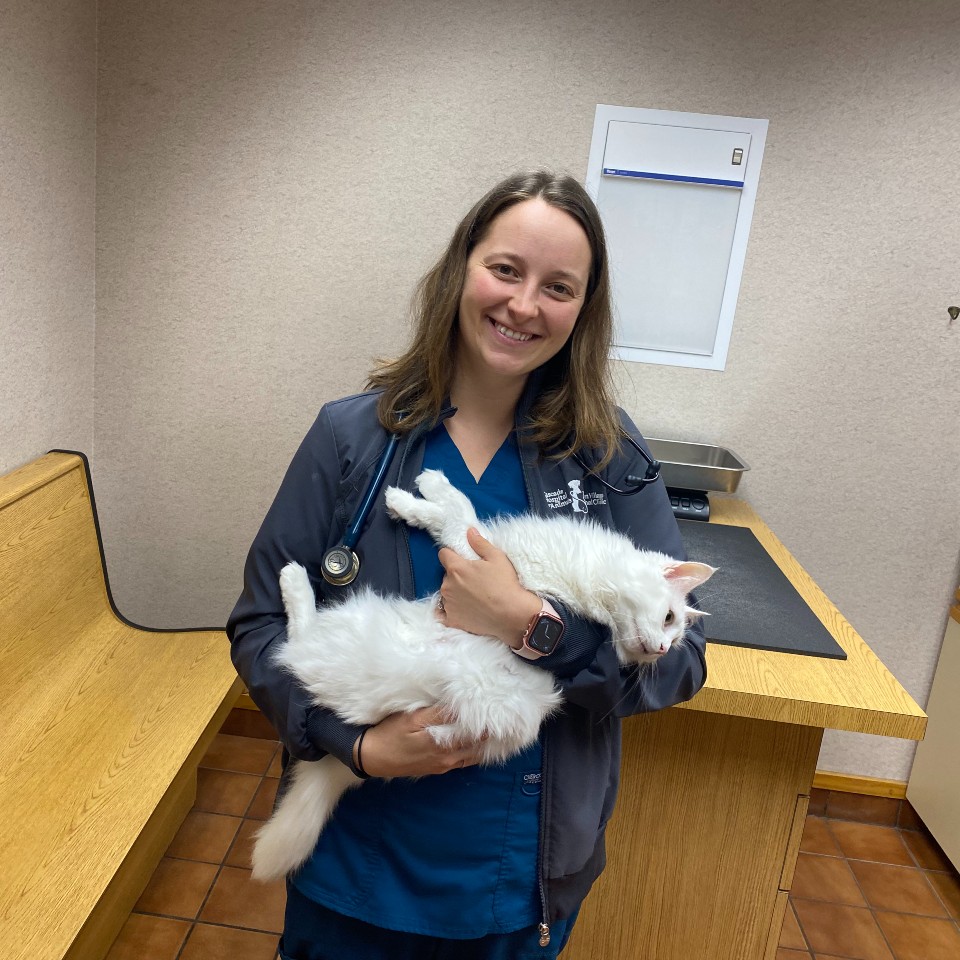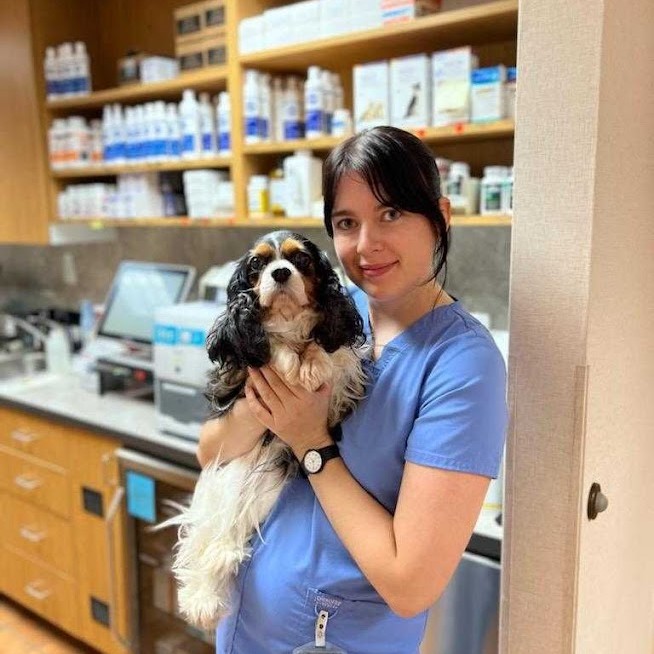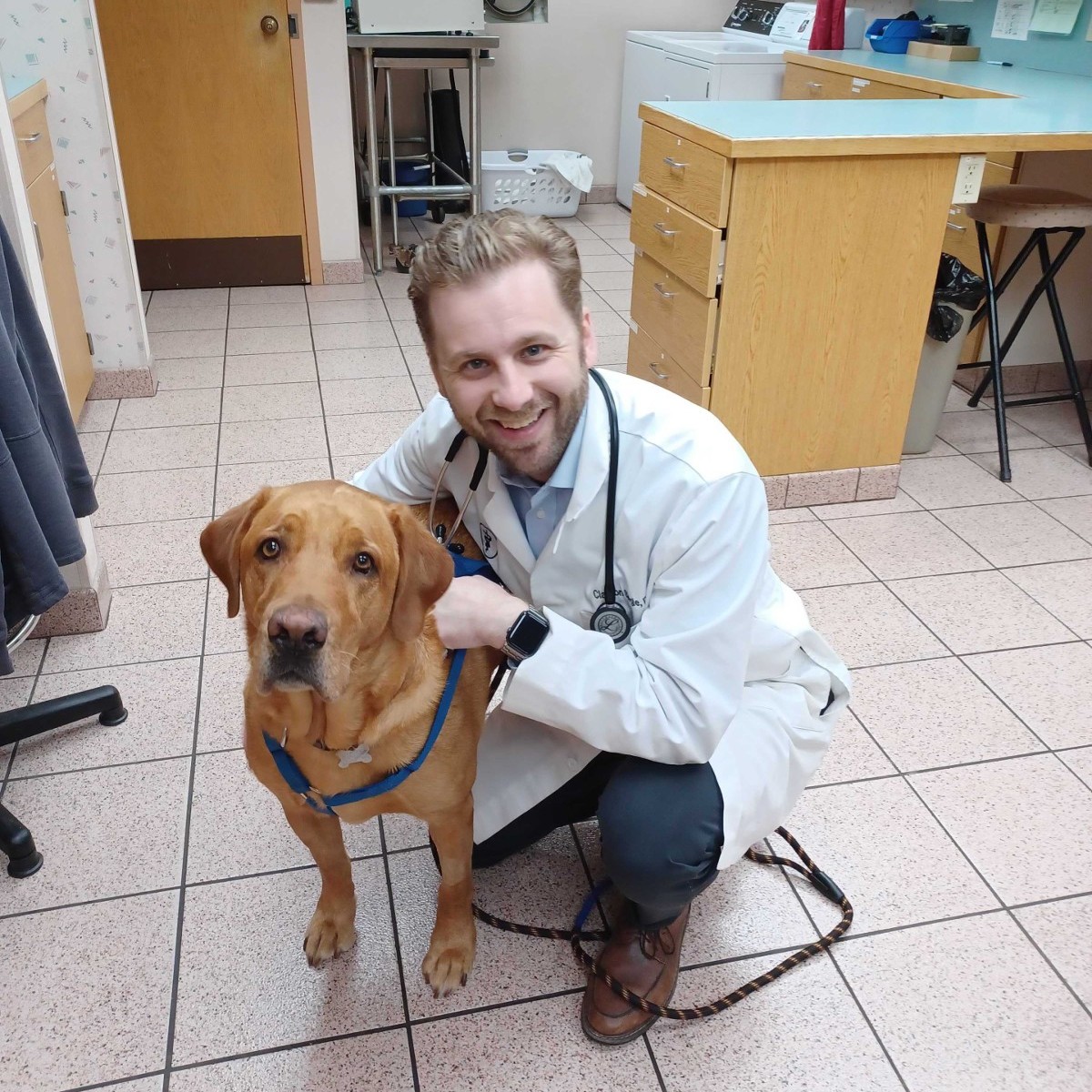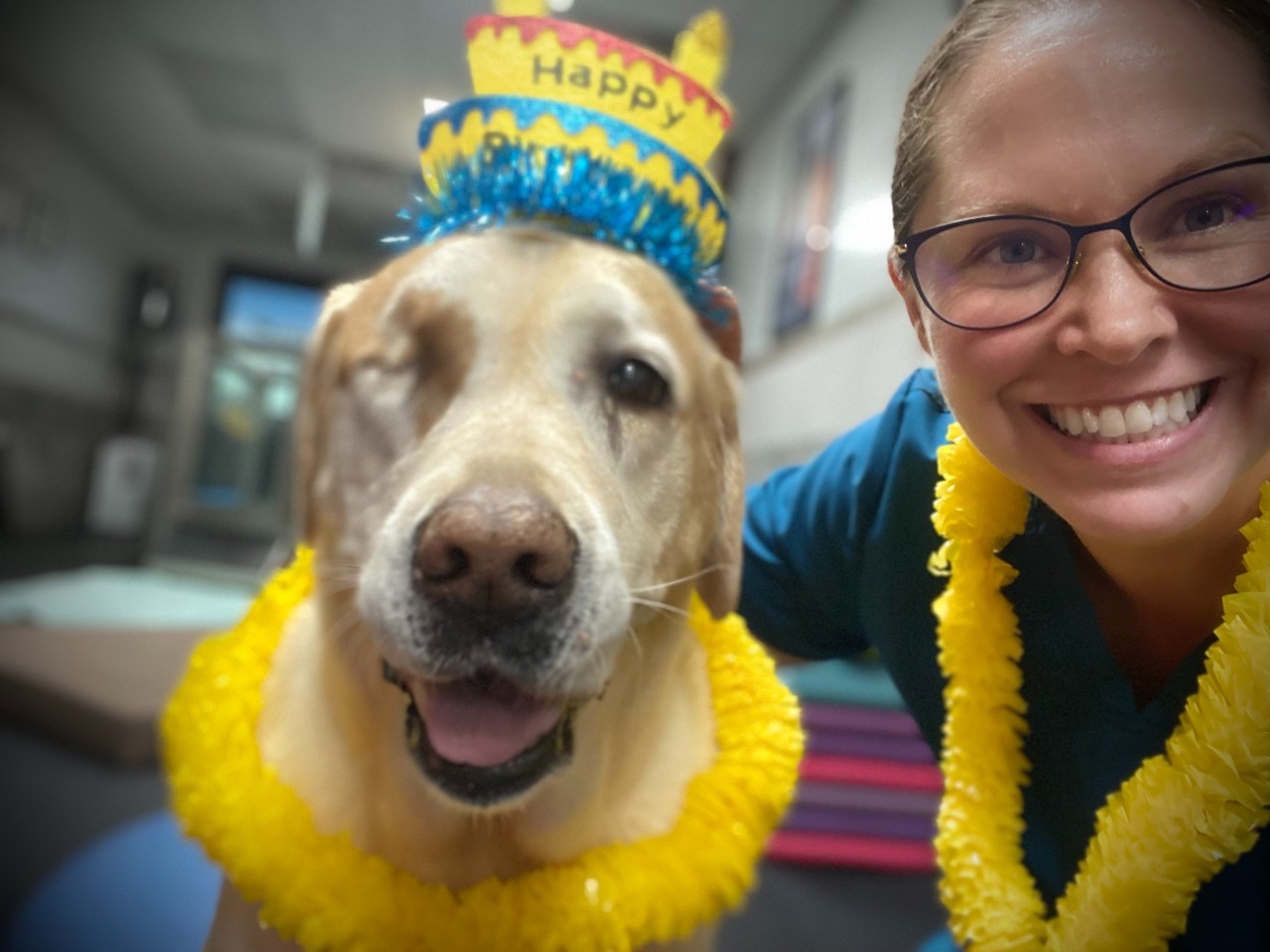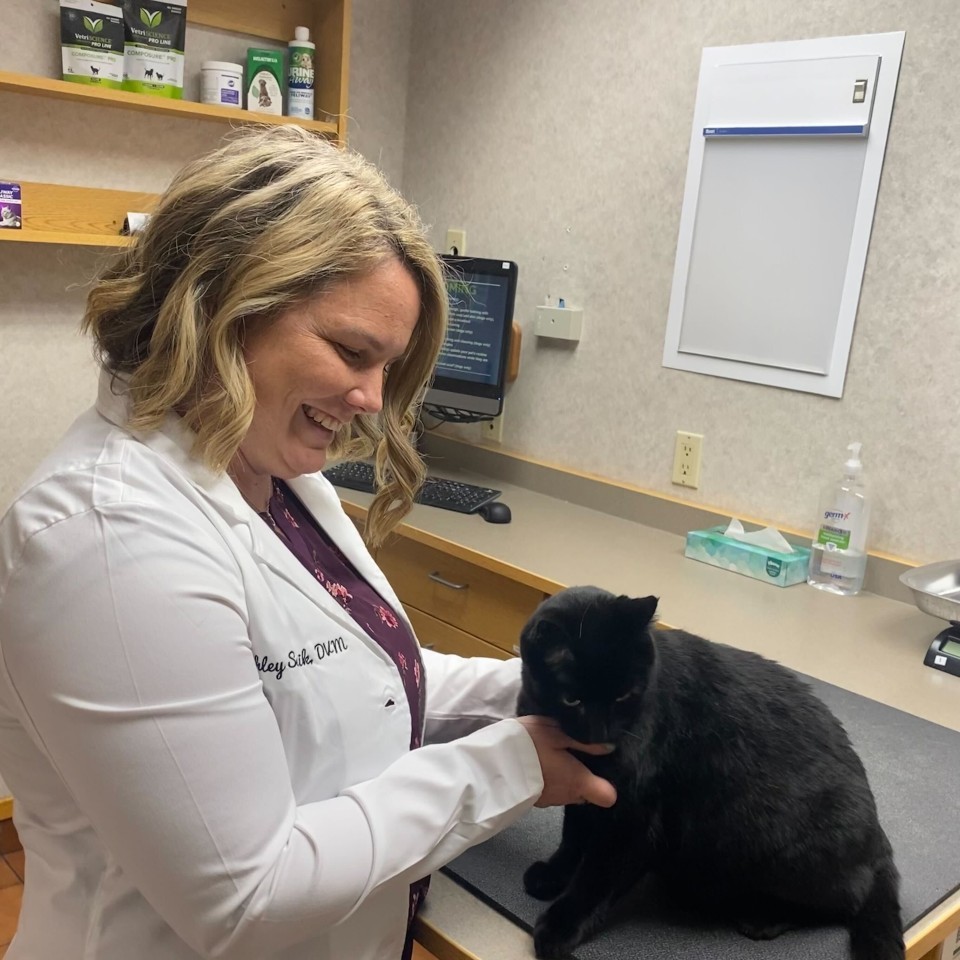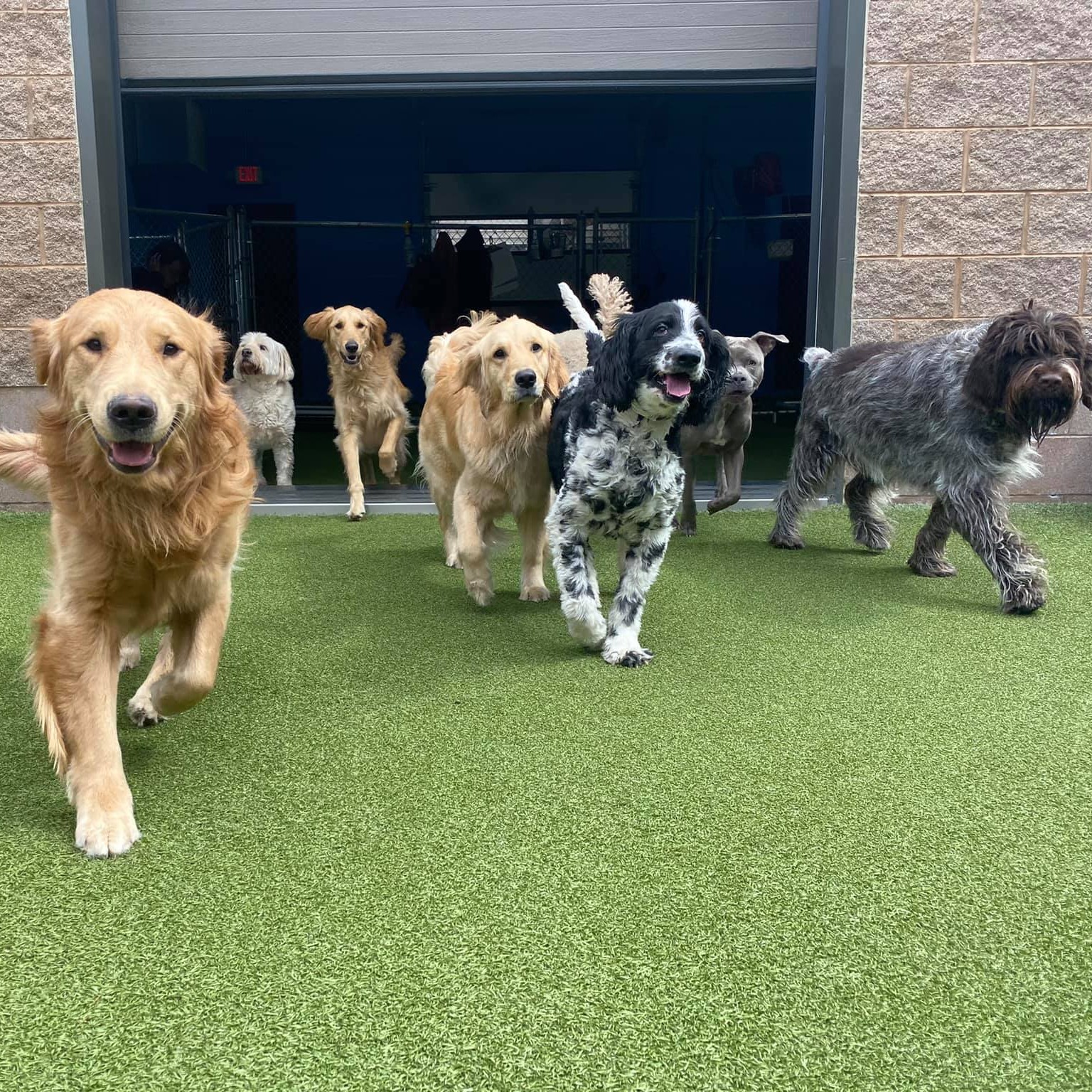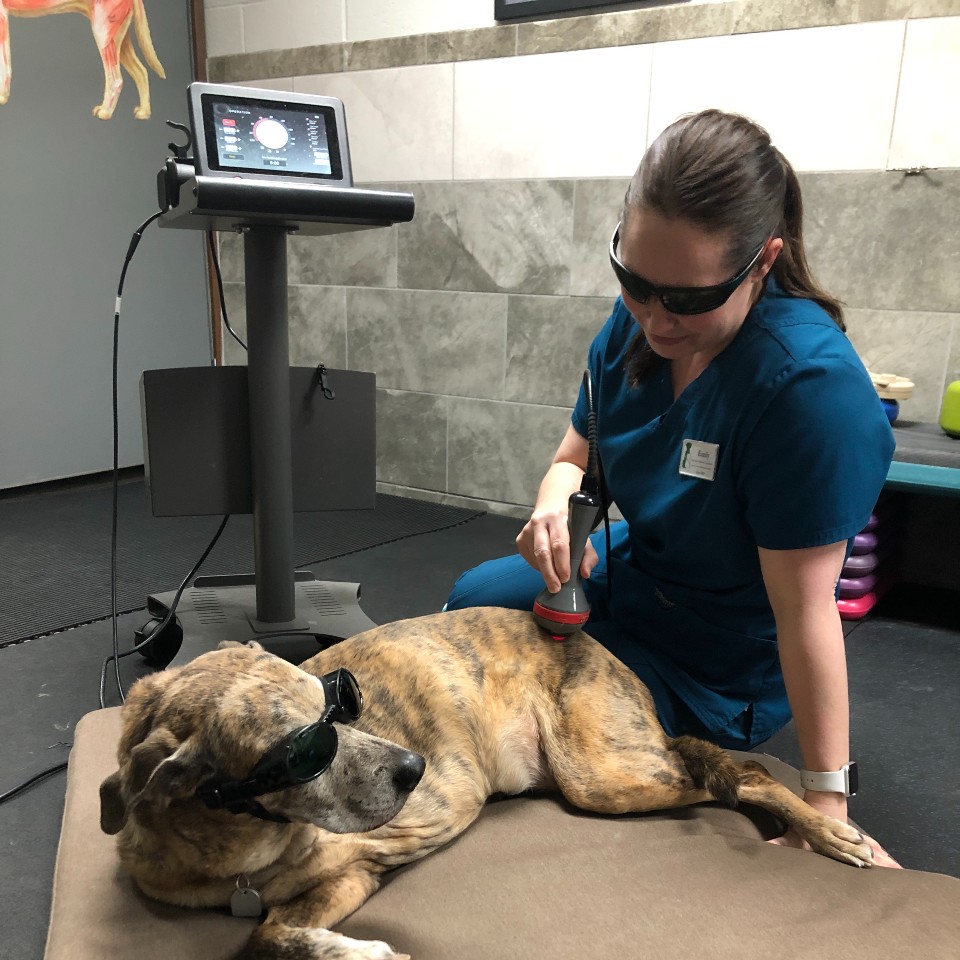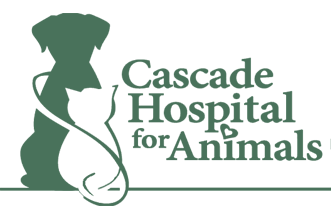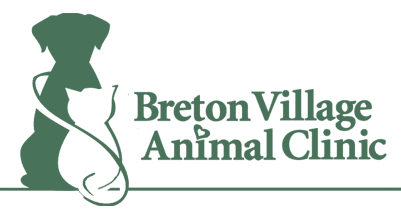Winter has hit West Michigan in full force, and along with cold weather, shorter days, and snow come dogs’ winter coats. “Many dogs have a different type of coat in the wintertime that’s thicker and heavier,” said CHFA groomer Brittney. To some dog owners, it may seem like a good plan to leave that heavy coat alone until spring. According to Brittney, however, maintaining your pet’s coat, including regular professional grooming, can be more critical during the winter than at any other time of year.
Cascade Hospital for Animals and Breton Village Animal Clinic are excited to announce that Dr. Holly Mincks has joined our veterinary team! Dr. Mincks is passionate about her career. “What I really love about vet medicine is the problem-solving. It's so, so rewarding when pets come in with a problem and they're feeling really crummy and you can figure out what the problem is and how to fix it and they can feel better. And when the pets are happy, that strengthens the bond they have with their humans,” she said.
Cascade Hospital for Animals and Breton Village Animal Clinic are proud to bring Dr. Grace Longcore on board! Dr. Longcore began her career at Animal Emergency Hospital, where she worked before joining us.
For some cat lovers, their family just isn’t complete with one cat! And while there are many advantages to having more than one cat—they keep each other active and mentally stimulated for starters—there are many considerations and necessary first steps before making your household a multicat one.
For many years, there has been an issue across the veterinary world that the pandemic only worsened: a shortage of licensed veterinary technicians, now more commonly called registered veterinary nurses (RVN). It’s difficult to fully account for the shortage, but to make up for it, many veterinarians employ non-credentialed assistants to carry out certain tasks.
When your pet suffers an injury that affects daily functioning, surgery is an important option to consider. Your veterinarian will weigh the advantages and disadvantages of different types of surgeries to treat the injury and work with you to determine the best treatment for your pet.
This is part three in a three part series about the veterinary rehab program at Cascade Hospital for Animals and the benefits it brings to pets. In part two, we explored the two primary types of patients rehabilitation nurse Emily Harkness sees and the best courses of treatment for them. In part one, Emily talked about how she and Dr. Greg Paplawsky view veterinary rehab for seniors as age management to ease the transition to their golden years and how she works with owners to make home life as comfortable as possible.
Cascade Hospital for Animals and Breton Village Animal Clinic are happy to welcome Dr. Ashley Sonik to our team! Dr. Solnik joins us from C-Snip in Grand Rapids where she worked for two years.
We're so excited to be able to restart one of our most popular services: daycare! Starting in September, we'll once again be taking reservations for spots at the Crate Escape Doggie Daycare.
This is part two of a three-part series diving into the veterinary rehabilitation program at Cascade Hospital for Animals and the benefits it brings to senior pets. In part one, rehabilitation nurse Emily Harkness talked about how she and Dr. Greg Paplawsky view rehab for seniors as age management to ease the transition to their golden years and how she works with owners to make home life as comfortable as possible.
